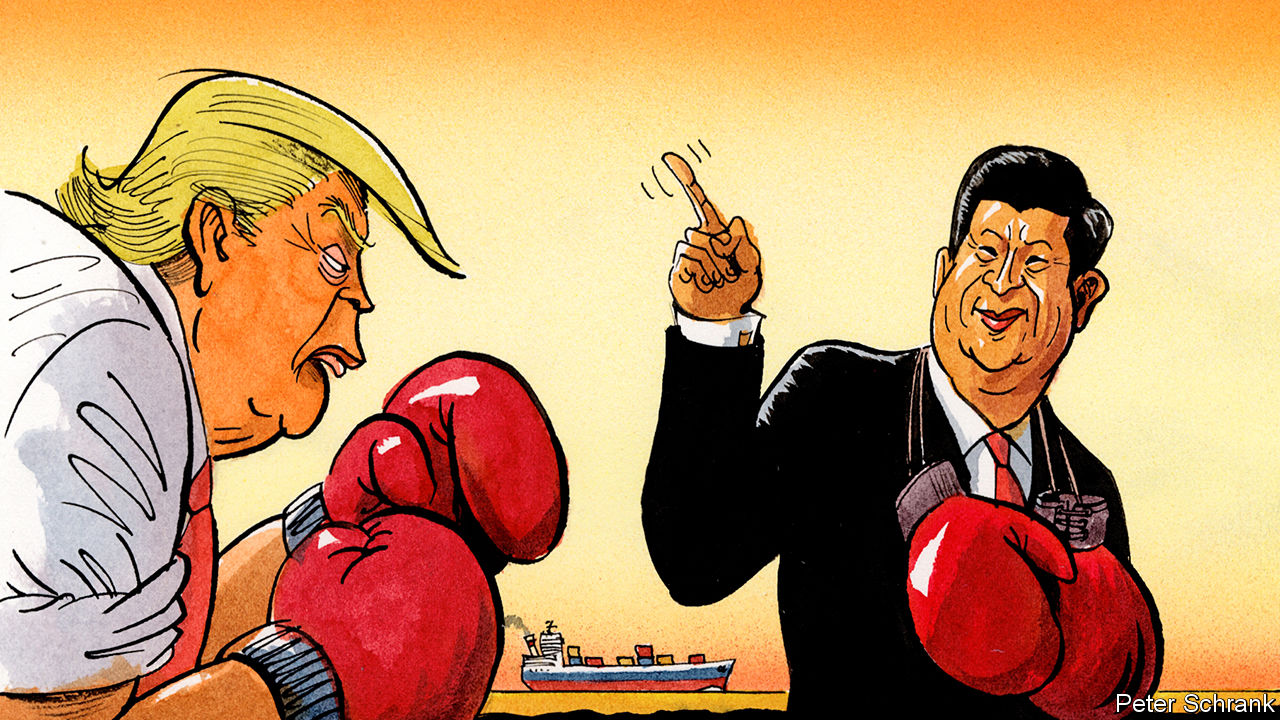Report by: Hamza Rifaat Hussain
The report ‘ NATO 2030- United for a New Era’ was released on Tuesday and focuses among other areas on ensuring that the Atlantic Alliance stays relevant in the face of new challenges from countries such as Russia and China. Despite the emphasis on evolution and speedy decision making, the 138 proposals enshrined are contentious given that the strategies envisioned are less about reform and more centered on countering ‘ adversaries’ such as China on account of the latter’s growing military might. The report is based on numerous fallacies and preconceived notions and is more of an attempt to augment threat perceptions and treat China’s rise as a threat. The world can ill afford such polarization as Beijing continues to call for dialogue, peace, and security.
The 60 plus page report mentions how the alliance did brilliantly in boosting military deterrence after the annexation of Crimea in 2014 by Russia and considers a similar threat emerging from a perceived resurgent, ambitious and authoritarian China. One such recommendation is to pursue a similar strategy politically by reaching out to Asian allies who are ‘anxious’ about China’s expansionist designs. This assessment is nothing short of a provocation and ironically buttresses French President Emmanuel Macron’s claims in 2019 that the alliance is actually ‘brain dead.’ Instead of stressing on real reform centering on addressing lack of intellectual capacity which has been visible in conflict-torn regions such as Afghanistan with an everlasting political solution being elusive, the focus is more on adopting an assertive role globally.
One NATO diplomat seen in the report pointed at Chinese activities in the Arctic and Africa as well as its investments in Europe and claimed that Beijing is less of a benign trading partner and more of a threat. This bland assessment makes no mention of how the Trump administration’s pernicious trade policies on tariffs contributed to the increased acrimony between China and the United States, nor does it substantiate claims regarding the vagaries of Chinese infrastructural projects in Africa or its contributions to spikes in sovereign debt in those countries. Numerous countries in different parts of the world benefitting from Chinese investments in critical infrastructure debunk the myth of considerable impending harm to domestic economies caused by increased Chinese influence.
Former US Assistant Secretary of State for Europe and co-chairman of the 10 member group of experts, A. Wess Mitchell spoke about NATO’s adaptation towards strategic rivalry with China and for a return to the geopolitical competition which includes a military dimension. Recent history is replete with how such strategies have only fomented discord and widened trust deficits between countries despite calls for de-escalation and cooperation. Outland- ish claims have also been made regarding Chinese intimidation of other states which belies the strict abiding towards the policy of non-interference that Beijing has historically pursued as part of its foreign policy. The findings also fail to account for how China never pressurized states to do more or join alliances, as is the case in the Middle East, where the Trump administration’s intervention has contributed to tensions between rival powers Iran and Saudi Arabia and also offered little headway in resolving the Israeli- Palestinian quagmire. These pressing security quagmires in the Middle East are not a product of Chinese intimidation but the result of frail strategies adopted by the United States and its allies.
The report goes on to mention how a consultative body to coordi- nate Western policy towards Beijing is to be set up to highlight perceived rogue activities such as spying, supply chain disruptions, arms build ups and information warfare on part of China. Other areas deliberated upon include the need to counter investments in new weapons given that Beijing was coming closer to ‘us’. The use of terms such as ‘us’ and ‘them’ are cold war binaries and are inappropriate in times when multilateralism, cooperation and globalization for the promotion of peace and stability is needed in a pandemic affected world. As a proponent of the Belt and Road Initiative which seeks to connect Eurasia with the rest of the world, not once can Chinese investments in special economic zones or industrial sectors in developing countries be equated with espionage or disruption of supply chains. In truth, the fact that NATO is mulling the option of including China in its master strategy document as well as in its ‘Strategic Concept’ underlines the internal insecurities given that several of its own diplomats have refrained from declaring Beijing as an adversary.
The findings of NATO 2030, united for a new era which glaringly features China- have also been revealed amid a backdrop of disturbing developments that need to be factored in. Reports of the Trump administration poised to add China’s top chipmaker, SMIC, and national offshore oil and gas producer CNOOC to a defense blacklist have contributed to festering tensions, yet despite measures aimed at curbing China’s access to American investors, Beijing continues to express the hope that the United States will not resort to erecting further barriers towards potential cooperation between both countries. The usage of the term by Foreign Ministry Spokeswoman Hua Chunying at a news briefing in Beijing lays bare the limitations of outrightly labeling China as a rising threat as has been brazenly done so in the report.
The irony of the revelations in this NATO report is the fact that neither Beijing nor the world wishes to witness a polarized world in the post Trump era. Reforms focusing on comprehensive strategies for the Atlantic Alliance in light of its own shortcomings should feature prominently instead of provocations which are aplenty.










